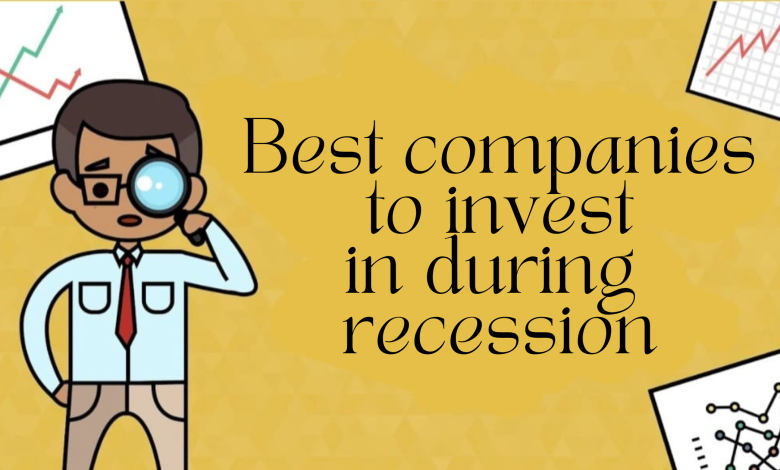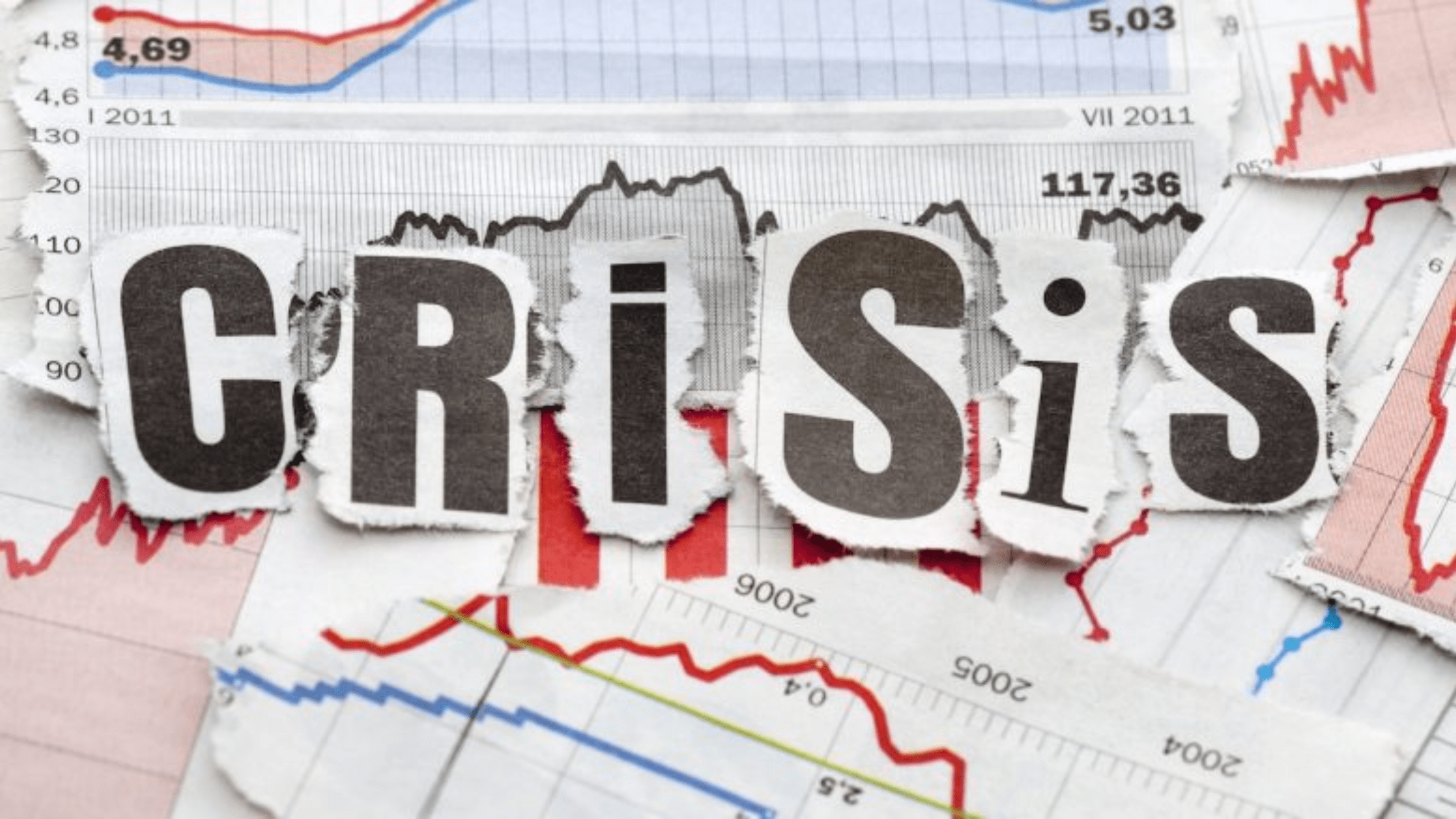
As quoted by Forbes, “History shows that in past recessions, consumer and healthcare stocks have tended to outperform while the rest of the market struggles. In the last four recessions since 1990, they were the only two positive sectors in the S&P 500, according to CFRA Research. Let’s read the article for information on how to take decisions for the best companies to invest in during a recession.

Introduction
1. Discount Retailers
-
In an economic recession, the first intuitive thought is the consumer’s reduction in disposable income. A reduction is likely to affect the purchasing power and so the reduction of non-essential expenditures.
-
In a case like this, the consumer is likely to eradicate every not-so-useful expenditure. But cannot remove staple food and basic necessities at any cost.
-
Discount retailers are likely to benefit since they offer cheaper goods. It is the better fatih eskort alternative in the case of a diminishing situation.
-
As a matter of fact, Dollar General, rose more than 60% that year, almost double the second highest-returning stock.
2. Health Care
-
The most essential undeniable asset in a human’s life is healthcare. The better it is, the more likely you are likely to function better, even during a recession.
-
The point is, the reasoning is clear that even if consumer income declines, the consumer will depend on healthcare come what may.
-
During an economic recession, the safest is to invest in a healthcare company with low debt equity. Since it’s unavoidable and thus maximizes profits.
3. Food and Restaurants
-
Like health care, people need food and can only cut spending on it by so much.
-
They consist of the restaurant and grocery store chains McDonald’s Corp. (MCD) and Darden Restaurants, Inc. (DRI), as well as the manufacturer of packaged foods General Mills, Inc. (owners of Olive Garden and other casual dining chains).
-
All these are reasonably priced food options. Since individuals buy cheap things like cereal and choose more affordable eateries when they order takeout or eat out.
4. Freight and Logistics
-
Regardless of the economy, goods moved. There is still a need to transfer commodities to stock store shelves. Even personal travel for vacations falls during recessions.
-
In 2008, C.H. Robinson Worldwide (CHRW), Westinghouse Air Brake Technologies (WAB), and Old Dominion Freight all saw profits.
-
All businesses except Westinghouse, carry freight or produce goods that ease freight movement.
5. DIY and Repairs
-
When money is limited, one option to save money is to perform routine maintenance on your own . And also to repair your possessions rather than replace them. Consumers are more inclined to fix their cars than buy new ones during a recession. Even they perform their own home maintenance and gardening tasks.
6. Power and gas sector
-
After noticing different industries in this listing it might now no longer come as a marvel to peer into this industry. Power and Gas merchandise belong to some other institution of necessities. These needs aren’t as affected as a good deal in the evaluation of different industries. These utilities like electricity and gasoline are very critical as something can’t compromise in today’s day and age.
Why do some industries do better in recessions than others?
-
Companies manufacturing basic necessities such as consumer goods and groceries are in constant demand during the economic downturn. Discounters often work well during a recession because their staple food is cheap. Health care is also always in demand.
The bottom line- economic recession industries

It is important to know the products and services that can be easily done without people or companies and the essential ones. Also, keep in mind which companies are likely to patronize more people if their income is reduced. As mentioned earlier, it’s important to remember that all recessions are different, and so are the stocks that work well between them. For example, the prevalence of the COVID-19 crisis has led to the rise of many biotechnology companies today. Instead, the 2008 recession triggered by the financial crisis devastated financial companies.
Creating a diversified portfolio
A well-diversified portfolio is one of the best ways to ensure you’re prepared for whatever turns the market takes, financial advisors, say. That means including some of the sectors mentioned above, but it also means making sure your portfolio is broadly diversified across industries.
- Investors are warned not to put all eggs (assets) in one basket (security or market). This is the central idea of the concept of variance.
- To achieve a diversified portfolio, look for less correlated or negative asset classes so that when one moves down, the other tends to counteract it.
- Exchange Traded Funds (ETFs) (a type of index fund that tracks a basket of securities) and mutual funds are easy ways to choose an asset class that diversifies your portfolio, but you need to be aware of hidden costs and transaction fees.
-
What Is Diversification?
Diversification is a cry to rally many financial planners, fund managers, and private investors alike. This is a management strategy that combines different investments in a single portfolio. The idea behind diversification is that different investments generate higher returns. It also suggests that there is less risk for investors to invest in different vehicles. If they proactively searched for the best companies to invest in during a recession.
Conclusion
The investment idea as a whole is a gradual process from planning, implementing, and hence profiting from the whole business. The rate of investment, diversifying portfolio, and managing the market demands seem to be the only constant thing in the fluctuations of an economic recession. The only point that we need to see is investing in permanent goods and essential services to ensure greater returns. Even in the covid 19 crisis, being a major turn in the healthcare situation, the biomedical sector rose and therefore yielded a greater response in that industry.
The perfect way is to invest in the industries which seem important to the current economic recession since it promises a greater comeback in a stable economy. Investigating the best companies to invest in during a recession ensures an abundance of capital for the company and the availability of goods for the public which ensures greater profits.